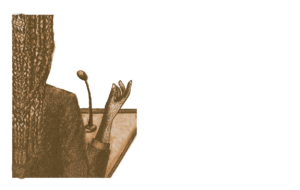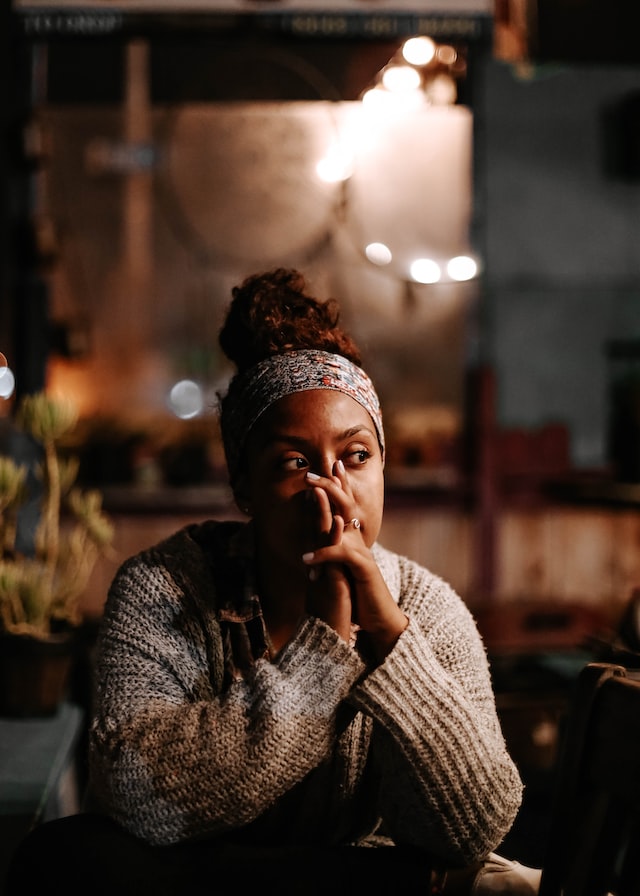I undertook an hour’s drive to a suburb of Rochester, N.Y., the other day. The Greece school district was inviting all comers to a most improbable congress; an open forum on the use of the word “nigger.” Yep, you read that right. A local friend gave me a little background explaining that this particular town has become a popular destination for black families looking to flee Rochester proper. In a short time, the demographic of its public schools has gone from all white to around 30% black.
An hour’s drive may sound like a stretch but a.) I lived in Atlanta for over twenty years where an hour’s drive is called “my morning commute” and b.) I thought “oh, I gotta’ see this train wreck with my own eyes. I’m not waiting for the viral video.”
The parking lot to the host school was packed. I mean people parked in the grass, on the painted yellow lines, I thought there was a sectionals basketball game happening at the same time or something. My unscientific glance counted the audience at about 70% white, and mainly adults as opposed to students. I was expecting a Jerry Springer-style town hall brawl. To my surprise, there was a very sincere, attentive audience of concerned community members who were clearly here to learn something from each other.
Dr. Sean Eversley Bradwell, an assistant professor from Ithaca College, started his lecture by asking how many of us spoke another language. I learned Spanish in middle school. I was exposed early in my learning of the world to the notion that often languages will have a word or phrase that just doesn’t translate cleanly into English because the idea it conveys doesn’t really exist fully fleshed out in Western culture. I flashed back to a man from Columbia I overheard years ago talking with his sister over the phone and referring to her frequently as “Gorda.” The literal translation of that word is “fat.” The softness and tenderness with which he uttered the word each time he invoked it, though, made it clear he was doing anything but admonishing her on her eating habits. An attempt to explain his meaning makes the term, actually, lose all its meaning.
In my early twenties, I traipsed through the Buffalo bar scene with a gay male crowd [shout out to City Lights]. The men often called each other “girlfriend” so I did too. A friend tried to explain how that might not always be apropos for me. I thought what is he talking about? I’m just one of the gang, surely everyone knows I mean no harm. I look back now and I think on how I could walk downtown streets at night holding another man’s hand without fear of being attacked, I didn’t have to hide my authentic self at work for fear of being stripped of the means to support myself, I could go to church, join the navy, adopt children. I could hop in and out of this world at night for a few laughs and drinks at my leisure. Since they could not do the same, they were entitled to a few things partitioned as solely theirs without needing the blessing of my understanding why for it to be so. Like “girlfriend.”
Black folks my age and older use the word “stank.” It is, again, one of those words that as it travels across cultures, the need to explain it renders it unusable all together. Hip hop super duo Outkast named their 2000 album Stankonia. (I know, my pop culture references are SO old.) I doubt they had many interviews where journalists bothered to ask them to decipher its meaning for speakers of The King’s English. I told a fellow salesperson at a job once that I was having trouble driving a male business owner to close this deal. My coworker, being appropriately familiar with me, told me “you need to kick that stank, girl!” As we both enjoyed a good chuckle, I knew exactly what he meant but I couldn’t even begin to spell it out in this essay and do it one modicum of justice.
In the 1997 movie Liar, Liar, white actor and comic tour de force Jim Carrey prattles off this ditty without even a hint of tongue-in-cheek side eye:
“Where would Tina Turner be right now if she’d rolled over and said ‘hit me again Ike! And put some stank on it!’”
That line is operating on so-o-o-o-o many levels that to take it apart for whites,…well, you either come from a social and cultural background where you get it and you pee your pants at the recondite comic dare he took, or you just have to let that one go and keep it moving. Now understand that Jim Carrey spent his formative years on a comedy show with an almost all black cast. A black cast where most of them were siblings and cousins too, so he witnessed the kind of humor that comes from the laxity only being around black family upends, and could know how to deliver that line in such a way as to both say it properly AND manage to parody his own white self at the same time.
Hmm. And I’ve still never heard him assert any right to use the word “nigger.” Discuss.
I, for the record, detest the word, and its pop culture augmentation “niggah.” I acknowledge black comedian Dave Chappell as all the genius he’s been heralded as, but I never watched his t.v. show during its original run. My ears couldn’t tolerate his overuse of that word. I do not run in the kinds of social circles where that word is used frequently, and anyone’s insistence on using it regularly around me, whether they be white or black, is a deal-breaker for me.
One audience participant came to the microphone during the Q&A and asked theoretically what possible affirmative value is there for white people in using that word? That got me to thinking and for I think the first time, I got a pure glimpse of why some black people would still see an affirmative value in it.
After America chained us, beat us, legally declared us ⅗ of a person, broke apart our families, burned us out of our legally acquired homes and land, lynched us by the thousands, deprived us of channels to competent education, told us without cessation that we’re nothing, and bestowed upon a people every degradation one would heap upon a group so debased as to be called “niggah”, we’re still here. Still rising. So, in a way, for blacks to use that word among themselves is to spit in the face of a society that would rather we just quietly go away and to say “call us whatever the –eff you want. We’re still here! What other names you got? We’ll –eff that up too, and keep coming!”
Even with that, I still will not be using the word. And if this is a best case scenario for its usage, it begs the question again what possible affirmative value is there for white people in using this word? Kinship? Not if, like in my earlier example “girlfriend” with my gay cohorts, white people can jump in and out of what that word means when the going gets really tough.
Ultimately Bradwell gave this excellent reasoning for abolishing use of the word among kids during the time school officials have charge over them. Faculty has a responsibility to the safety and wellbeing of each and every student. In the same vein as not allowing “fire!” in a crowded theater, curtailing some speech and other liberties of individuals is a part of that responsibility. Drop the mic right here, you can’t argue around that.
A young man approached towards the end, strong and tall as an oak, and told us he has both black and white parents. His white friends assert their right to use that word around him despite his objection, and can’t understand why he’d be bothered by it since he is part white himself. The young man asked Bradwell for advice on handling that situation.
Man, if that ain’t white supremacy in its boldest incarnation I don’t know what is. Can you imagine an entire school district of adults needing to parcel out an evening of their week because the peers of white Richard want to challenge his right not to be called “Dick?”

